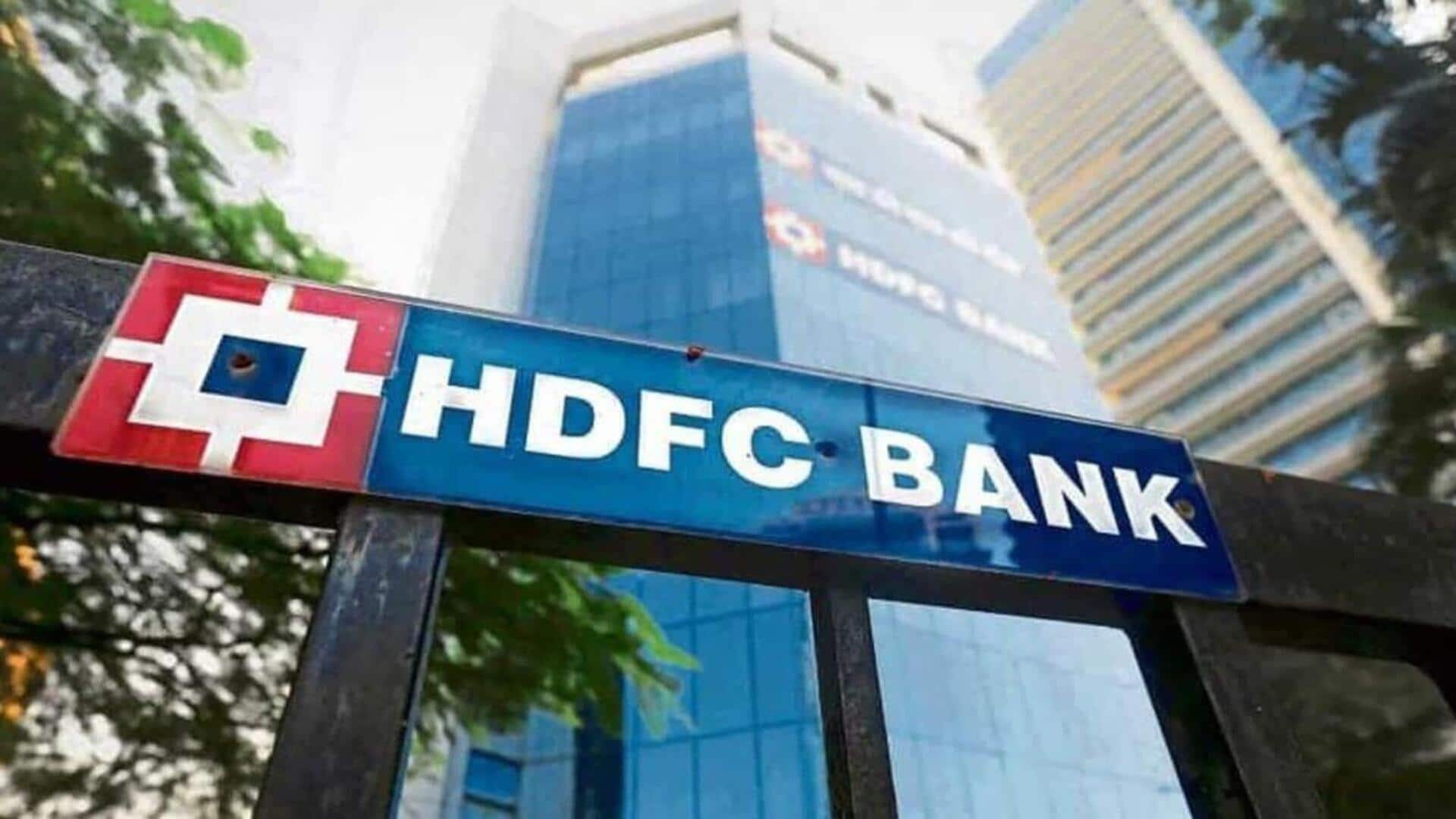
HDFC Bank sells ₹15,060 crore loan assets amid regulatory pressures
What's the story
HDFC Bank has sold a housing loan portfolio worth ₹6,000 crore and car loans valued at ₹9,060 crore. The move is part of the bank's strategy to reduce its credit load amid regulatory pressures on the industry.
The housing loan portfolio was sold to several state-controlled banks through private transactions, reported the Economic Times, citing sources familiar with the matter who wished to remain anonymous as the information is not yet public.
Car loan sale
HDFC Bank offloads car loans to asset management firms
HDFC Bank's pool of car loans worth about ₹9,060 crore were securitized into a fixed income product known as pass-through certificates.
The bank had been in discussions since late August to sell this pool to approximately a dozen local asset management companies.
The buyers who subscribed to these certificates included ICICI Prudential AMC, Nippon Life India Asset Management Ltd., SBI Funds Management Pvt., and Kotak Mahindra Asset Management Co.
Strategy
HDFC Bank's strategy to improve credit-deposit ratio
The sale of these portfolios is part of HDFC Bank's strategy to improve its credit-deposit ratio.
This ratio, a measure of how much of an institution's deposits are being lent out, has worsened in recent years due to rapid credit growth and the bank's merger with Housing Development Finance Corp.
The pass-through certificates offered yields ranging from 8.02% to 8.20% monthly for three tranches, according to reports.
Ratio analysis
HDFC Bank's credit-deposit ratio exceeds industry average
As of March end, HDFC Bank's credit-deposit ratio stood at 104%, higher than the 85% to 88% rate seen in the previous three fiscal years, according to ICRA Ltd., an affiliate of Moody's Ratings.
The central bank warned in August that lagging deposit growth compared to credit "may potentially expose the banking system to structural liquidity issues."
For the September quarter, HDFC Bank is expected to show deposit growth of 13% on-year, compared with an 8% increase in loans.